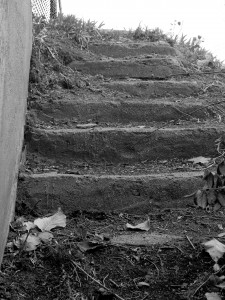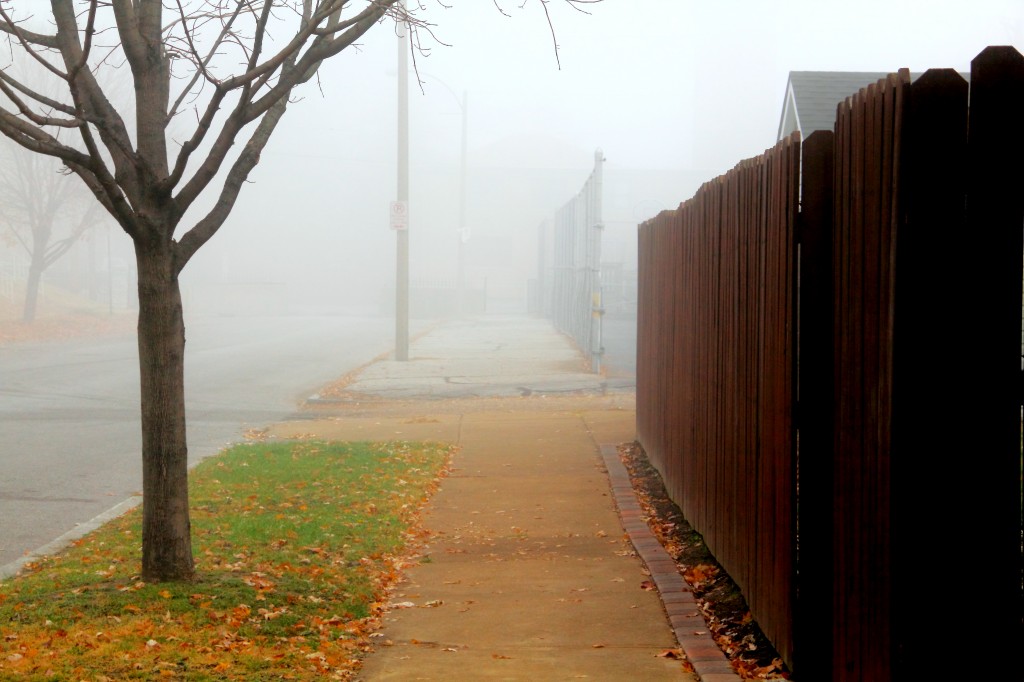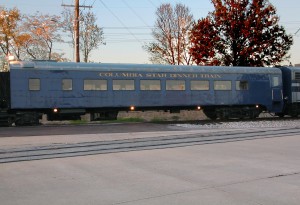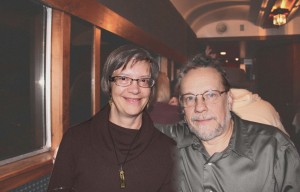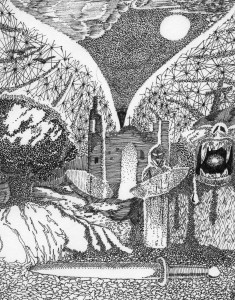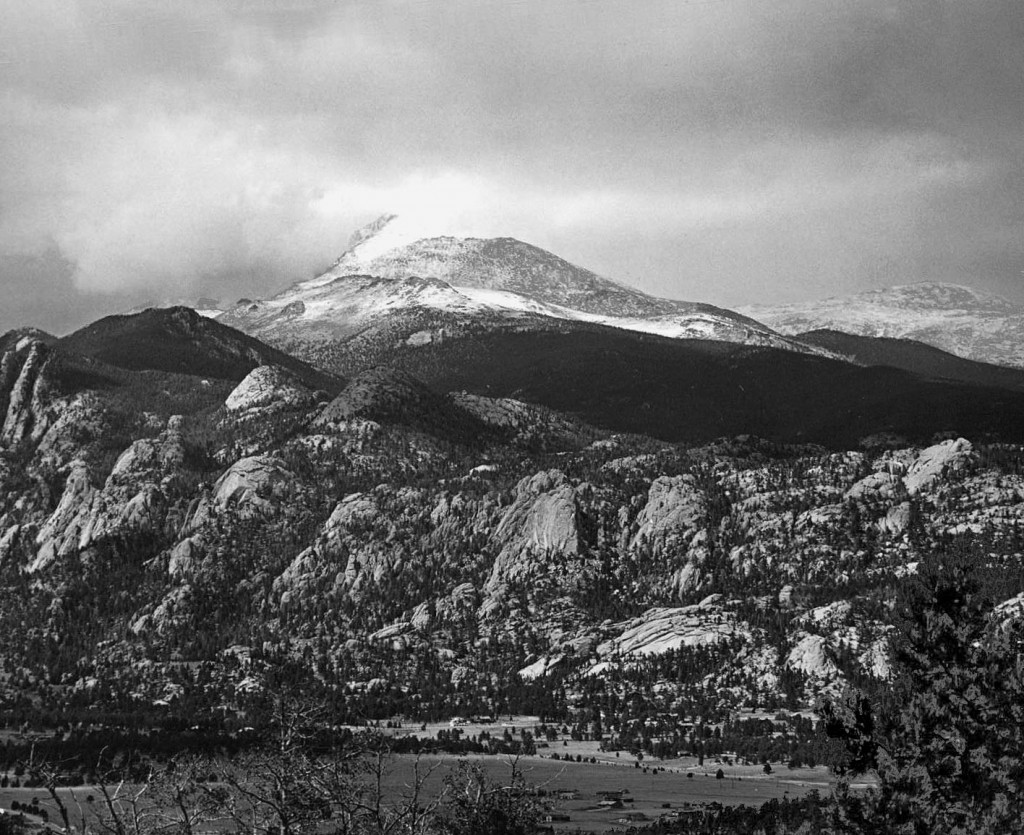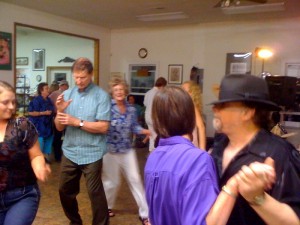This week at Left Bank Books, as December begins and Christmas is upon us, a number of books—Staff Picks (all of us have them, please check out the list)—are being offered at discount for on-line purchase. For Wednesday, the 5th, my particular pick is…

China Miéville’s novel Embassytown is, to my mind, one of the best science fiction novels published in the last decade. Not necessarily the best novel published as science fiction, but one of the best examples of what science fiction at novel length can do.
Maybe that’s a fine distinction, possibly one without a difference, but what I want to talk about now is what I mean by “science fiction” in this context and recommend a first-rate experience.
It’s an ongoing debate, and Miéville himself has weighed in on it, namely the definition of science fiction, principally in relation to fantasy. What it comes down to for me is a question of philosophical utility. Does the text at hand offer an examination of the “real world” consequences of a philosophical question given the constraints of a universe we recognize as that which is accessible by science?
A bit long-winded, maybe, but insofar as any fictive enterprise can be shown to deal with the consequences of questions, the defining terms in this instance—or at least the limiting terms—are “philosophical”, “real world”, and “science.”
Let me deal with this quickly, since I’ve dealt with it at length elsewhere. By science I do not mean the rigorous application of what we know of science—if that were to be the determinant, 99% of SF would not qualify, and of that which did, a goodly portion would be enjoyable for a relatively small, self-selected audience. What I mean by this is more on the order of an æsthetic stance vis a vis the narrative, mainly that the background setting and the foreground action conform to the forms we readily identify as “scientifically defined.” The universe as understood by scientific enquiry.
Basically, a vision of a “real world” that we can recognize and agree fits with what we can understand as how the universe operates.
This automatically throws out most fantasy conceits. (If you take the trouble to redefine your elves and fairies as parallel human species ala evolutionary branching or as aliens, you have retasked your imagery to perform a science fictional exploration.)
Which leaves what I consider the most interesting and salient of components, namely the philosophical aspect.
Science fiction is self-consciously philosophical, insofar as it is deeply, principally concerned with questions of how to live in a changed universe. Not just technologically, but ethically and morally.
Which brings me to the Miéville and my rather bold claim that it is one of the best science fiction novels of the last decade.
The conceit dealt with here is the question of language and its relation both to biology and to a universe that evolves, changes, and is largely unexplored. Miéville gives an alien race whose language is hardwired into their biology. They do not “learn” it, they are born with it and simply mature into its proper use.
And they cannot, therefore, lie.
Enter humans.
The humans, as is our wont, work to learn to communicate with these aliens—the novel is set primarily on the alien homeworld, where humans have a single, rather naked and fragile colony/embassy— and when they succeed, they nearly destroy these aliens, who in response to the threat very nearly destroy the colony.
Throughout, there is discussion and examination of language, its uses, and how it relates to both the universe at large and the inner landscape of individuals. The examination, which in many ways is an abstrusely philosophical one, is absolutely central to the action of the novel.
And this is what good science fiction does!
I won’t here go into further detail. To do so risks spoilers and if you’re in least interested, you will not thank me. (I will say that Miéville has produced one of my favorite lines in all science fiction. No, I won’t tell you that, either. I want you to have the fist-pump experience I did when I read it.)
I must also add that while in some ways what I have described might easily be seen as a dry, plodding work, the exact opposite is true. Miéville is a gifted stylist and his prose rush along, carrying the reader through an adventure.
So for Christmas, for yourself, for a treat, go on-line at Left Bank Books and buy a copy. Read it, give it away as a gift, feed the SF geek in your life, or introduce someone who has stubbornly refused to see the merit in all this “space stuff” to something of undeniable intellectual worth. Wednesday, December 5th, it’s 20% if bought online.
Do it. You’ll be glad you did.


